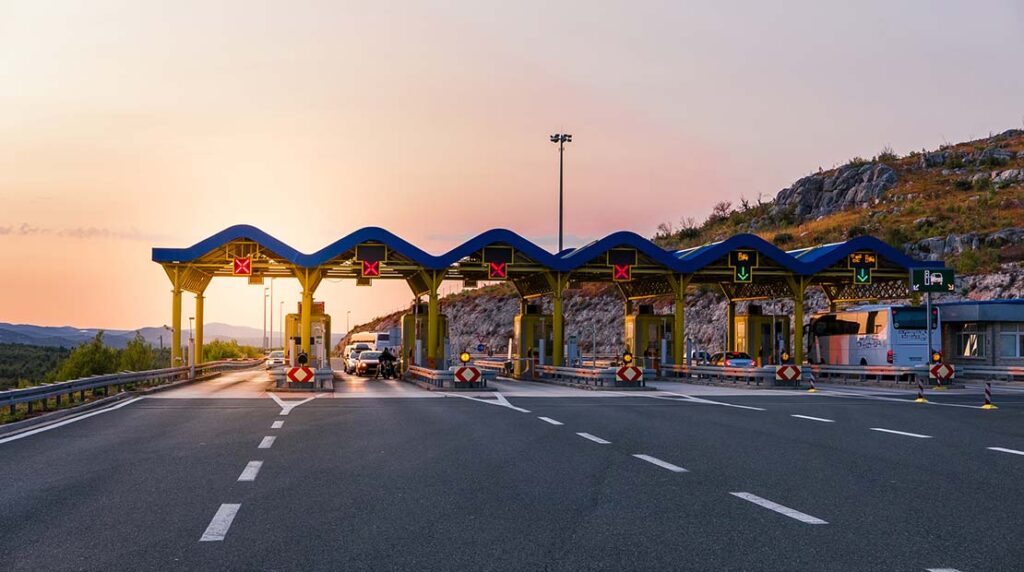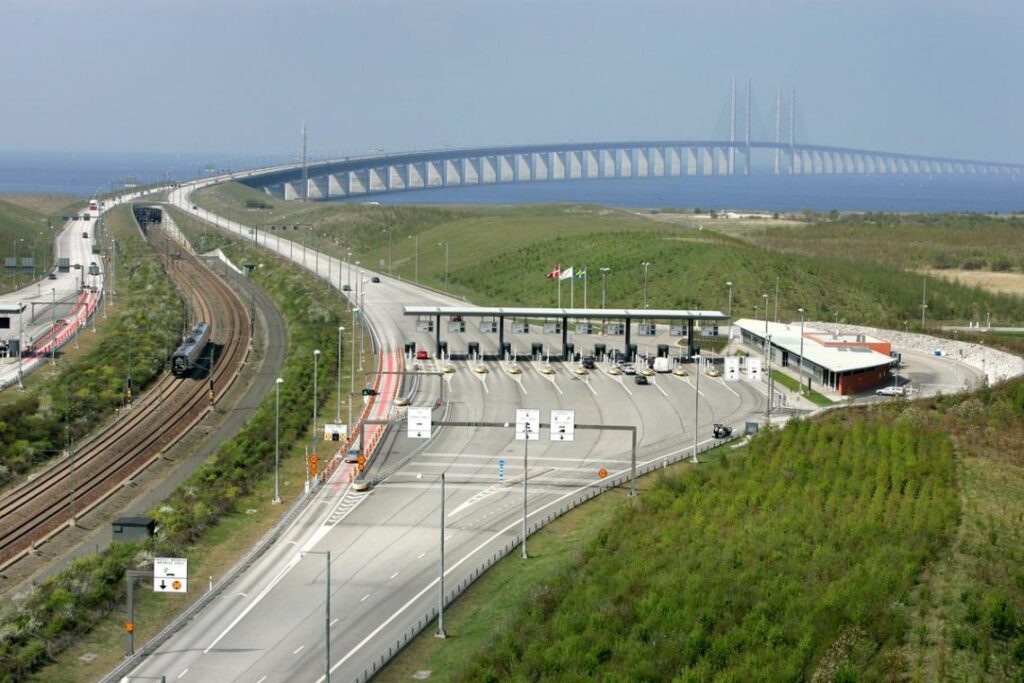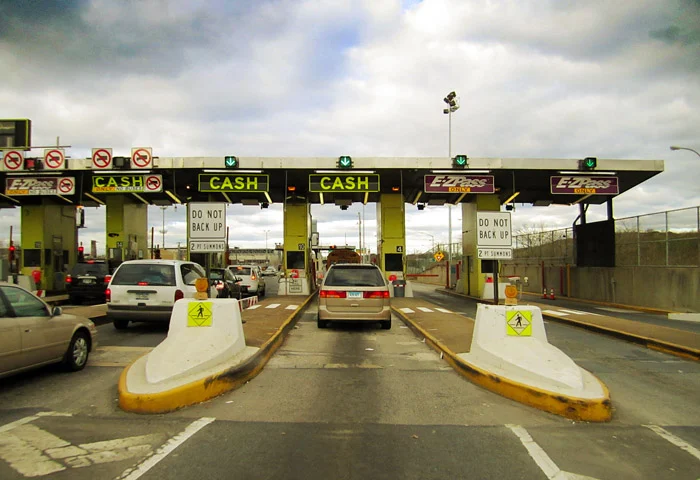Introduction to Sweden’s Road Network
Sweden, with its picturesque landscapes and modern infrastructure, has always been a magnet for tourists. Its well-developed road network stands as a testament to the country’s commitment to providing seamless connectivity for both its residents and foreign visitors. As one of the top destinations in Europe, Sweden’s roads witness a significant influx of foreign vehicles, especially during peak tourist seasons.
One of the primary concerns for these foreign travelers is understanding the toll system in Sweden. Regardless of whether a vehicle is locally registered or belongs to a foreigner, it’s mandatory to pay the requisite road tolls. This system ensures the maintenance and further development of the country’s roads, ensuring safety and convenience for all.
Types Of Road Tolls In Sweden
Sweden’s approach to road tolls is systematic and well-defined. The country has delineated its toll system into two primary categories: the Congestion tax and the Infrastructure charge. This bifurcation helps in addressing different needs and areas of the road network, ensuring that the collected tolls are utilized efficiently.
The ANPR (Automatic Number Plate Recognition) system plays a pivotal role in this toll collection mechanism. Cameras mounted on fixed scaffoldings capture the license plates of vehicles passing through toll points. This technology-driven approach eliminates the need for manual checkpoints, ensuring a smooth flow of traffic and reducing wait times.

Infrastructure Charges In Sweden
Introduced in February 2016, the infrastructure charges primarily focus on bridge tolls. These tolls are applicable to all vehicles, irrespective of whether they are local or foreign. Notable bridges like the Svinesund Bridge, Oresund Bridge, Sundsvall Bridge, and Motala Bridge fall under this category. Each of these bridges serves as crucial connectivity points, linking major cities and regions.
The primary objective behind these tolls is to generate funds for new infrastructure projects. Whether it’s the construction of a new road, a mountain pass, or a tunnel, the collected tolls contribute significantly to these developmental activities. The entire process is automated, with control points at strategic locations recording the vehicle’s passage. Foreign vehicles are typically charged via the Epass24 system, with the Swedish Transport Agency collaborating with the Euro Parking Collection to manage the invoicing and payment collection.

Congestion Taxes In Sweden
Urban areas, especially major cities like Gothenburg and Stockholm, often grapple with traffic congestion. To address this issue and promote a smoother flow of vehicles, Sweden introduced the congestion tax. This tax is levied on both locally registered vehicles and those from abroad. However, there are certain exceptions, such as the non-applicability of this tax in Gothenburg during the month of July.
The Swedish Transport Agency, in its bid to streamline the process, has partnered with a notification agency. This ensures that vehicle owners are promptly identified, invoiced, and the toll payment is efficiently processed via the Epass24 system.
Epass24 In Sweden
Epass24 stands as a cornerstone of Sweden’s toll collection mechanism, especially for foreign vehicles. Leveraging the capabilities of the ANPR system, cameras strategically placed at toll stations automatically detect and record the license plates of passing vehicles. This eliminates the need for vehicles to stop, ensuring a continuous flow of traffic.
Once a vehicle’s registration number is captured, the data is sent to the Swedish Transport Agency for identification and subsequent charging based on the applicable rate. Registering with Epass24 offers a hassle-free experience for vehicle owners. Not only does it automate the payment process, but it also provides a platform to verify toll charges. In the event of delayed payments, a late fee is applied, emphasizing the importance of timely settlements. The Epass24 account is free, requiring users to pay only the toll amount, making it a preferred choice for many.
Historical Background
Sweden’s toll system has evolved over the years, reflecting the country’s commitment to maintaining and enhancing its road infrastructure. The inception of tolls can be traced back to the need for generating funds for road maintenance, expansion, and new infrastructure projects. Over time, as the number of vehicles increased and urban areas expanded, the toll system adapted to address the challenges of congestion and environmental concerns.
The evolution of the toll system in Sweden is also a testament to its technological advancements. From manual toll booths to the current ANPR system, Sweden has consistently embraced technology to ensure a seamless experience for drivers. The introduction of different toll categories, such as the Congestion tax and Infrastructure charge, further showcases the country’s strategic approach to road management.

Comparison with Neighboring Countries
Sweden’s toll system, while unique in its structure and implementation, shares certain similarities and differences with its neighboring countries. For instance, Norway also employs an electronic toll collection system, while Denmark has a mix of manual and electronic toll stations. Finland, on the other hand, primarily focuses on ferry charges rather than road tolls due to its archipelagic nature.
One of the standout features of Sweden’s toll system is its emphasis on automation and technology. The use of the ANPR system and platforms like Epass24 sets it apart from many neighboring countries. Additionally, Sweden’s approach to categorizing tolls, addressing both congestion in urban areas and infrastructure development, provides a balanced and efficient system that caters to various road network needs.

Cost Implications
The toll charges in Sweden vary based on several factors, including the type of vehicle, the time of day, and the specific toll point. For instance, larger vehicles might incur higher toll charges compared to smaller ones. Additionally, peak hours might have increased rates to manage congestion effectively. It’s essential for drivers, especially those from foreign countries, to be aware of these variations to avoid unexpected costs.
While the primary objective of the toll system is to generate revenue for infrastructure development, Sweden also offers certain discounts and exemptions. For instance, eco-friendly vehicles might enjoy reduced rates or complete exemptions in specific areas. Such initiatives not only promote sustainable driving practices but also align with Sweden’s broader environmental goals.
Technological Aspects
Technology plays a pivotal role in Sweden’s toll collection mechanism. The ANPR system, which automatically recognizes vehicle number plates, stands as a testament to this. By eliminating manual checkpoints, this system ensures a smooth flow of traffic, reduces wait times, and enhances the overall driving experience. The data captured by these cameras is processed in real-time, ensuring accurate and timely toll charges.
Looking ahead, Sweden continues to explore newer technologies to further enhance its toll system. Innovations like dynamic pricing, where toll rates change based on real-time traffic conditions, or integrating AI for predictive traffic management, are potential future directions. Such advancements not only improve the efficiency of the toll system but also contribute to a safer and more sustainable road network.

Legal Implications
Adhering to the toll regulations is crucial when driving in Sweden. Failure to pay the required tolls can lead to legal consequences, including fines and penalties. The Epass24 system, while ensuring automated payments, also emphasizes the importance of timely settlements by imposing a late payment fee for delays. It’s essential for drivers, especially foreign ones, to be aware of these implications to avoid legal complications.
In the event of disputes or grievances related to toll charges, Sweden offers a structured resolution mechanism. Drivers can raise concerns, provide evidence, and seek clarifications. The emphasis is always on ensuring transparency and fairness, ensuring that drivers have a clear understanding of their rights and responsibilities when it comes to toll payments.



